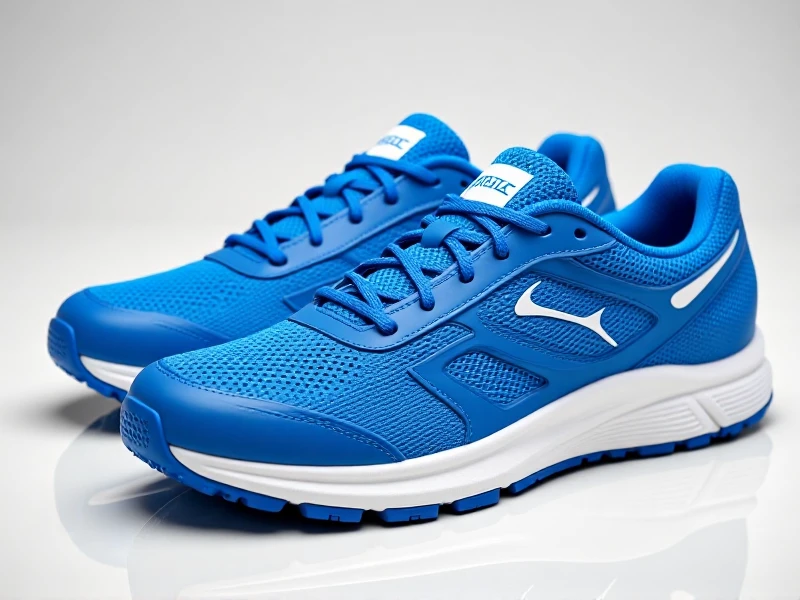The Ultimate Guide to Finding Your Perfect Running Shoes

Choosing the right running shoes is critical – it impacts comfort, performance, and injury prevention. With countless options boasting advanced technology, finding the perfect pair for running shoes can feel overwhelming. This guide breaks down key factors to streamline your search and ensure every step feels great.
Fit is Non-Negotiable: Never underestimate the importance of an ideal fit. Visit a specialist running store if possible. Your feet swell during runs, so shop in the afternoon/evening. Allow a thumb's width (about half an inch) of space between your longest toe and the shoe's end. Width matters too - snug should not mean constricting. Your heel should lock in securely without slippage.
Understand Your Gait & Foot Type: Do you overpronate (foot rolls inward), underpronate/supinate (foot rolls outward), or have a neutral gait? Gait analysis at a store or observing wear patterns on old shoes offers clues. Stability running shoes correct overpronation, neutral shoes suit neutral runners, and motion-control shoes are for extreme overpronation. Supportive shoes also match higher arches, while flexible ones suit lower arches.
Cushioning Level: Experience Decides: Preferences for cushioning (soft, firm, responsive) vary widely. Maximal cushioning (like HOKA's or Nike ZoomX) prioritizes plush comfort and impact absorption for long distances or joint issues. Minimalist options (Altra, some New Balances) offer a low-to-ground, "natural" feel. Firm, responsive cushioning (Adidas Boost, Saucony PWRRUN PB) delivers energy return for speedwork. Match cushioning to your usual distance and personal sensitivity.
Terrain Dictates Design: Where you run matters. Road running shoes feature lightweight uppers and durable rubber outsoles designed for pavement. Trail running shoes prioritize rugged outsoles with deep lugs for grip, protective toe caps, and often waterproof materials for off-road adventures. Hybrid shoes exist but excelling in one area usually requires specialized gear.
Don't Forget Durability & Weight: Expect 300-500 miles from quality running shoes. Heavier shoes often sacrifice less cushioning and support, but radical lightweight models (racing flats) compromise durability and protection. Balance your needs: lighter shoes benefit speed, while more substantial builds offer support and longevity.
Listen to your body! Minor aches can be normal when breaking in new shoes, but persistent pain signals a potential mismatch. Investing time in finding the right running shoes is investing in your running future and overall foot health. Lace up confidently!